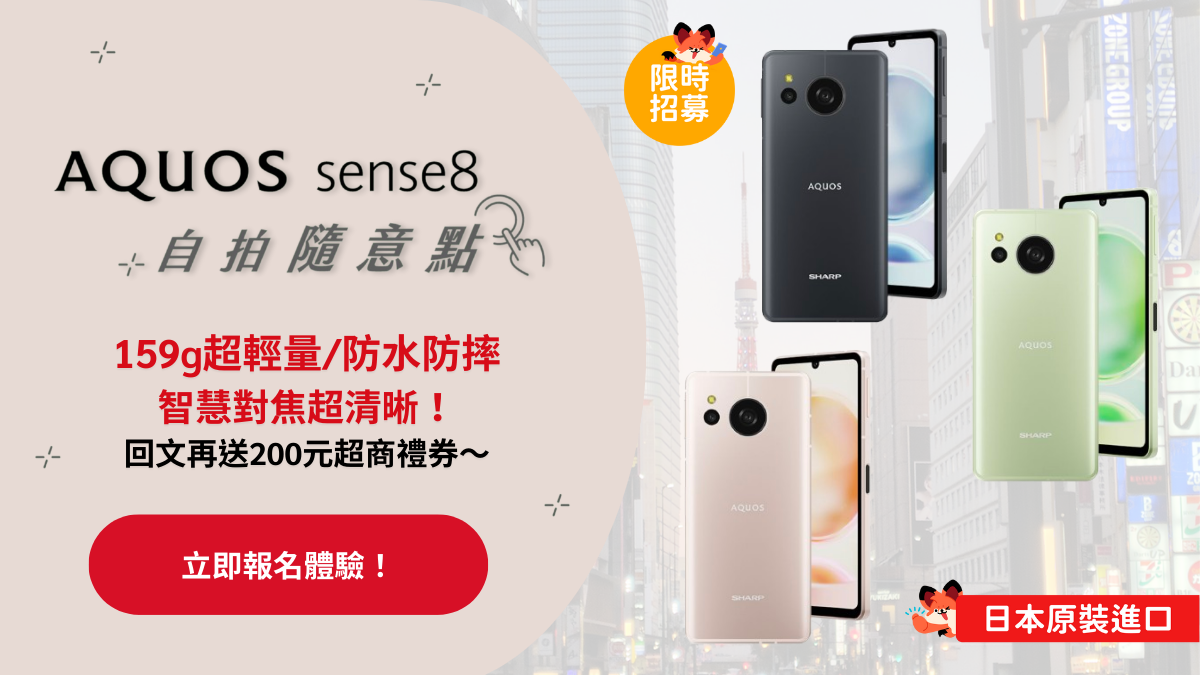好物折扣POLITICAL WILL.COMMON SENSE年中慶
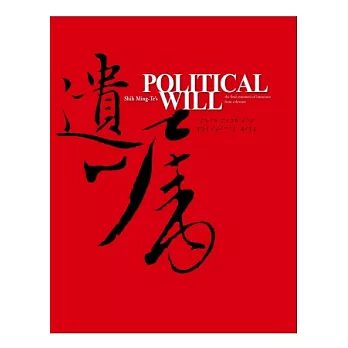 |
推薦好物折扣POLITICAL WILL.COMMON SENSE年中慶文筆平凡而生動,
令我深陷其中、欲罷不能、愛不釋手的佳作! 看完還讓我回味無窮!
好物折扣POLITICAL WILL.COMMON SENSE年中慶誠意推薦給大家看喔!
總而言之,它的評價很高,在網路上很夯,人氣蠻不錯,
好看的社會科學好物折扣POLITICAL WILL.COMMON SENSE年中慶全書的內容大意
好物折扣POLITICAL WILL.COMMON SENSE年中慶曾在博客來 網路書店造成搶購熱潮。
購買也很便利,很值得納入購物車,不需要特地跑到外面找。
最新與最多的社會科學,每日都有特價商品推薦是網路書店購書最佳選擇!
博客來,博客來網路書店,博客來網路書局,博客來書店,博客來網路書店歡迎您
商品訊息功能:
內容簡介: 施明德先生入獄五十週年紀念作品。主要區分兩個部分,「遺囑」(Political Will)為施明德先生在1980博客來網路書店年因美麗島事件被逮捕,在軍事審判,面臨死的刑威脅時,所進行之「最後陳述」之內容;「常識」則為施明德先生在2011年8月出版之《常識》中文版之英文譯文。
博客來網路書局nd vanquishing the Communists” (反攻大陸, 消滅共匪). The Chiang government told us that Mao Zedong (毛澤東), a man it characterized as being the very embodiment of evil, had “enslaved” the Chinese populace, and was threatening to unleash a massacre on Taiwanese soil, to “liberate Taiwan” and make the Taiwanese become part of the People’s Republic of China (PRC).博客來In the mid-20th century Taiwanese people went from being Japanese to Chinese, and found themselves embroiled in the middle of a fight between two Chinas.Towards the end of the 1970s the burgeoning democracy movement in Taiwan started to gain traction. Taiwanese people were becoming aware of the fact that perhaps identifying themselves as Taiwanese was just as meaningful as regarding themselves as belonging to either the PRC or the ROC. A conflict was beginning to arise between the concepts of what was Taiwanese, and what was Chinese, both in Taiwanese society and in the hearts and minds of its individuals. It is a conflict that has not gone away. With the transfer of power to a different political party, electoral manipulations and guerrilla warfare between the “green” and “blue” parties have made the terms “Chinese” and “Taiwanese” loaded, potent weapons, and accusations of “selling out Taiwan” have become a terrible dagger that cuts deep to the heart of the accused.I myself have been arrested on two occasions. The first was in 1962, the second in 1980. The crime, on both occasions, was treason for pushing for Taiwanese independence, and for this I spent over 25 years in prison. In 2006, then-president Chen Shui-bian (陳水扁) and members of his family had allowed themselves to get involved in corrupt deals, and I organized the “Million Voices Against Corruption, President Chen Must Go” movement. The governing Democratic Progressive Party (DPP) and sections of the press came out to protect Chen, and inexplicably accused me of that heinous crime I spoke of above: “selling out Taiwan.” For them, the DPP was Taiwan, and to “love” Chen was to love Taiwan. As I saw it, putting party interests first in this way was not good for the country.Judgments on one’s patriotism, of whether one “loved” Taiwan or was selling the country down the river, became powerful tools in the hands of the competing political parties, blue versus green, in their fight against each other. The Taiwanese people had lost their political spirit, had lost any sense of direction or goal as they entered the 21st century. The presidential election descended into a scrap that centered almost entirely on the issue of patriotism. Nothing else was considered important.博客來書店Three years ago, my daughter, Hsiao Pan (小板), 10 years old and in the fourth grade of elementary school, came up to me with her younger sister Chia-chia (笳笳).They said to me, “Dad, aren’t we Taiwanese? Why does our teacher say we are Chinese?” My wife Chia-chun (嘉君) had been suggesting that we have the children educated at home. When the girls asked me this, I decided it was time to agree to her idea. We took the girls out of school and started teaching them at home. We did not want them getting caught up in, and confused by, the pointless blue/green, unification/independence tug of war.It was also this incident that made me want to write a book so that I could explain to them the story of our country’s independence. I have already said, and written, too much on this subject, and have presented my ideas too academically and at too great a length. The thing is, how best to tell children about our country? I think we answer them in the same way we do when they ask questions about how they came into this world: with the utmost sincerity and frankness! After all, how can we hope to dispel prejudice if we gloss over the truth? So, this book is going to be a little different.As I write this, my thoughts turn to my father, Shih Kuo-tsui (施闊嘴, 1886-1953), who, in his lifetime, was a slave of the Qing Dynasty, a subject of the Japanese Empire, a Chinese and a Taiwanese. His whole life, like so many other people in this country, he was never quite exactly sure which country he belonged to. I sincerely hope that in 20 years’ time, 30 years’ time, 50 years’ time, when I am no longer around and my children’s children have grown up, they will be able to live in peace together with their loved ones, and no longer have to worry about which country they come from. I believe that only when we have thrown off the shackles of doubt over which country we should identify with shall we be truly free as a people.Finally, I’d like to say something about why I chose to call this book Common Sense. This is a question that friends who knew I was writing a book have asked me, most of whom thought it had something to do with a pamphlet of the same name published in 1776 by Thomas Paine, a publication that profoundly influenced the American independence movement.I just smile and put my hands up. There was never really any intent to copy him. I was just thinking that knowing which country one belonged to should be quite a simple thing for someone living in the modern world, and that was what I meant by “common sense.” The fact is, however, that people in Taiwan are still confused about this issue, and it is discussed back and forth endlessly. It later occurred to me that there were certainly some similarities between my book and his.Thomas Paine’s Common Sense was written at a time when America was still a colony of the British Empire, before American independence. He was trying to encourage Americans to stand up and fight for independence so, even though there was much sense to what he was saying, it was written with very stirring language, attempting to stimulate his compatriots into action, to claim their liberty and independence.This book, my Common Sense, was written at a time when the country I am living in has already been independent for many years, and yet my own compatriots are continuously asking themselves the rather curious questions of whether their country is independent or not, and to which country they actually belong. All I can do is relate a story, tell people something they should already know through their own common sense. I need to let the 23 million people who live in Taiwan know that they can get together, know who they are and step forward to meet the challenges of the 21st century. We cannot linger in the past and stay with the preoccupations and enmities of the 20th century. Hatred, hostility, enmity – these are shackles. Please believe me when I say that forgiveness is a wonderful thing and can bring an end to suffering.作者簡介施明德日本名:Aki-Nori
1941年1月15日
生於日本殖民地高雄州鹽埕埔
魔羯座 AB型
政治良心犯
三次入獄 總共坐牢25年半
第一次坐牢 1962/06/16 – 1977/06/16
第二次坐牢 1980/01/08 – 1990/05/21
第三次坐牢 1997/04/01 – 1997/05/11
蔣介石 關了他4679天
嚴家淦 關了他802天
蔣經國 關了他2927天
李登輝 關了他898天
絕食4年又7個月
被強行實施鼻胃管插管灌食共達3040次
兩次擔任「總指揮」
1979年12月10日美麗島事件總指揮
2006年百萬人民反貪倒扁.紅衫軍總指揮
1984年和2007年 兩度被提名諾貝爾和平獎
笑是最佳的良藥 | 自我勉勵同學會 | ||
放下這門學問,老師沒有教 | 妙喻扭轉人生:隱喻啟發易開悟,撥雲見日展新機 |
- 作者: Shih Ming-te(施明德)、Chen Chia-chun(陳嘉君)編 新功能介紹
- 出版社:財團法人施明德講座基金會 新功能介紹
- 出版日期:2012/12/29
- 語言:繁體中文
好物折扣POLITICAL WILL.COMMON SENSE年中慶
 |
第二次轉型:處在十字路口的中國發展方式轉變 | 第二次改革:中國未來30年的強國之路 | ||
一讀就通:大陸塑橡膠機市場商機 | 現在!投資中國:搶進中國財富變局,張茉楠說分配革命 |
好物折扣POLITICAL WILL.COMMON SENSE年中慶推薦,好物折扣POLITICAL WILL.COMMON SENSE年中慶討論,好物折扣POLITICAL WILL.COMMON SENSE年中慶比較評比,好物折扣POLITICAL WILL.COMMON SENSE年中慶開箱文,好物折扣POLITICAL WILL.COMMON SENSE年中慶部落客
好物折扣POLITICAL WILL.COMMON SENSE年中慶那裡買,好物折扣POLITICAL WILL.COMMON SENSE年中慶價格,好物折扣POLITICAL WILL.COMMON SENSE年中慶特賣會,好物折扣POLITICAL WILL.COMMON SENSE年中慶評比,好物折扣POLITICAL WILL.COMMON SENSE年中慶部落客 推薦
內容來自YAHOO新聞
面對瑕疵車 老老實實Recall吧
中國時報【于模?╱台北報導】
還記得飛雅特(FIAT)和克萊斯勒(CHRYSLER)這兩家也曾在台灣車市風雲過的名廠嗎?最近早已合併多時的這兩大,亦即通稱之FCA集團堪稱霉運當頭,由於該集團隱瞞車輛瑕疵,進而未針對出問題車種主動發出召回檢修動作,日前橫遭美國國家公路交通安全管理局處以1億500萬美元,折合台幣33億2千萬天價罰款!消息一出立刻震驚國際車壇,由於近年包括日系T牌、美系F牌相繼因此被重罰,不久前連日系H牌也又重蹈覆轍,車商這麼學不乖,擔心品牌形象受損固是考量重點,但主其事者怕因大量召回造成財務受創卻也是最大思慮盲點,所謂因小失大莫過於此。為防業者徇私隱瞞,身為用車消費者對愛車可能的瑕疵問題不可不察。
正確地說,車廠發現車輛瑕疵而主動發出召回檢修通告本屬正常操作,其實無須大驚小怪,卻因近幾年頻有業者因隱瞞而遭重罰新聞發生,致使國內媒體每遇有車廠發出召回通報就當重大新聞處理,彷彿抓到業者犯錯證據似的。事實上,以國內而言,每月平均發自各大廠牌的召回通報起碼都在4、5則以上,大多並非可能危及行駛安全的瑕疵,只是業者基於負責任立場主動召回,雖然政府交通部門也明訂有隱瞞瑕疵或延遲召回的相關罰則。
這次FCA集團問題車輛屬重大瑕疵,主事者刻意穩蠻誠然惡性重大,因為例如JEEP Grand Cherokee萬一車尾受到撞擊其油箱可能因漏油而起火;另主銷北美的Ram小貨卡則是因方向盤瑕疵而可能導致駕駛失控。隱瞞的後果當然得付出慘重代價:FCA集團必須買回150萬台瑕疵車,包括100萬台JEEP,由於金額龐大,是否將對營運困頓的FCA集團造成致命衝擊,值得進一步觀察。
新聞來源https://tw.news.yahoo.com/面對瑕疵車-老老實實recall吧-215005373--finance.html
 |

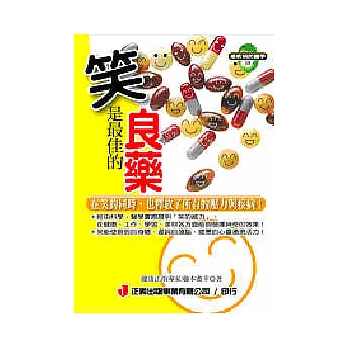
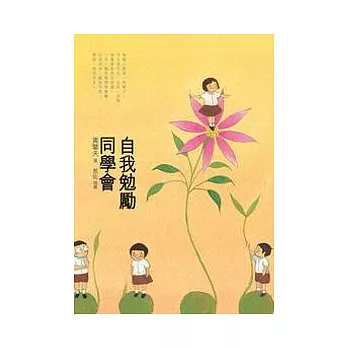
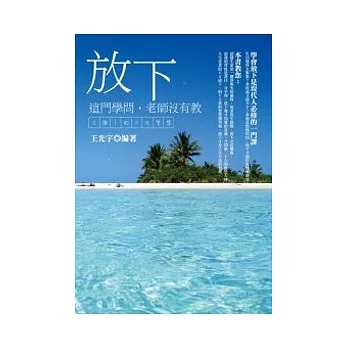
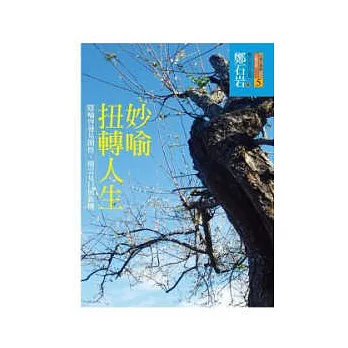
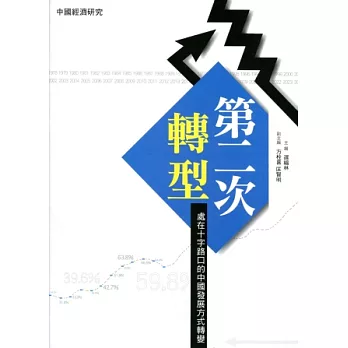
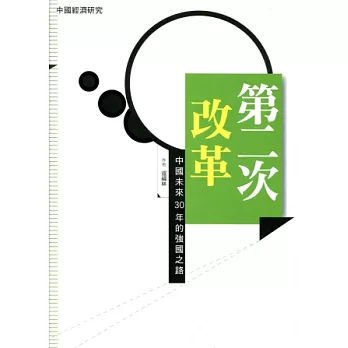
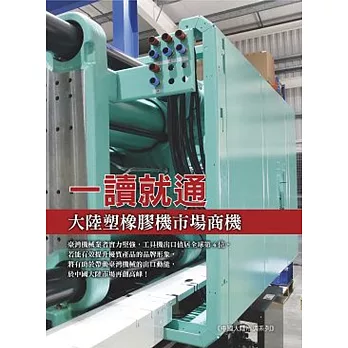
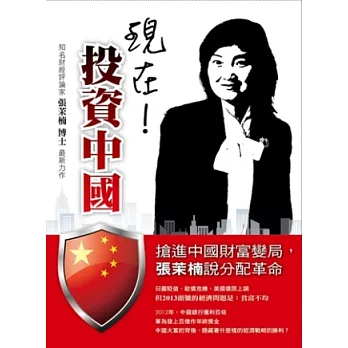


 留言列表
留言列表
